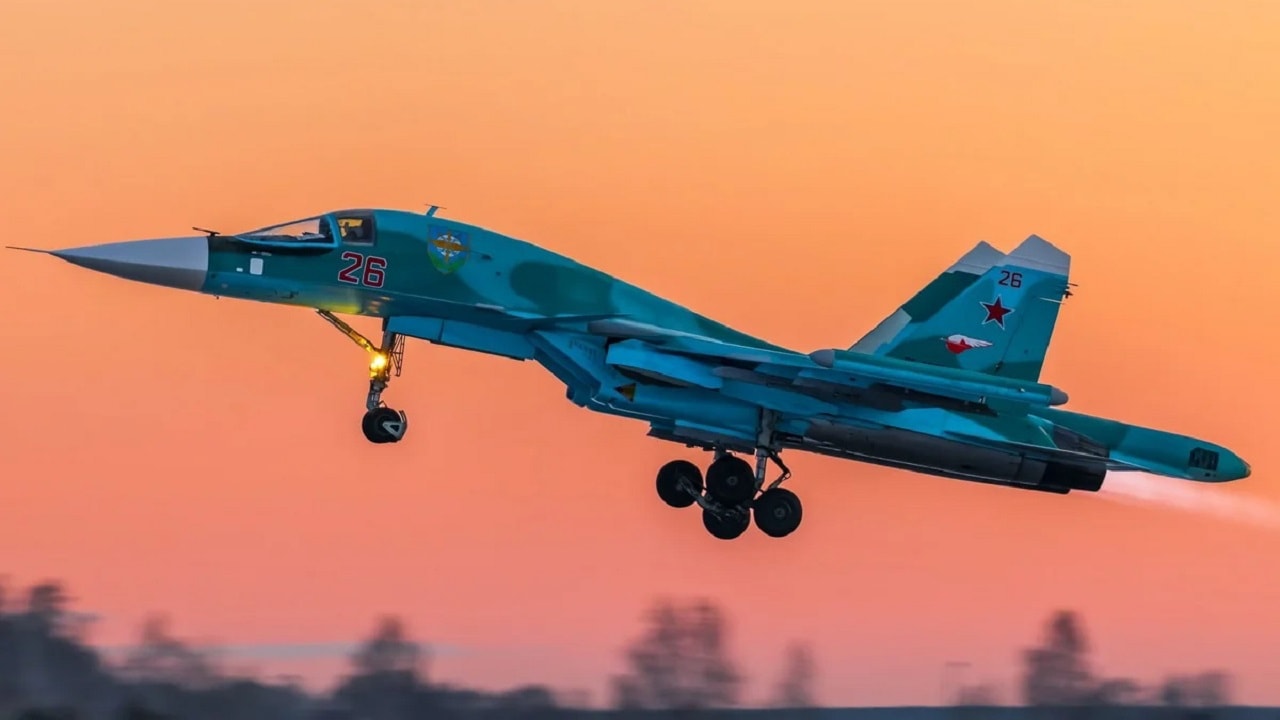The war in Ukraine is devolving into a grind of limited, costly Russian advances and ferocious Ukrainian counterattacks. It still looks as if Russia will win – if only because it will relentlessly pound Ukrainian cities with artillery – but there is now a reasonable chance Ukraine will fight Russia to a stalemate.
It is now painfully clear that Russia expected a blitzkrieg victory, a quick, in-and-out invasion similar to its ten-day war in Georgia in 2008. A modernized, high-tech Russian military was to roll over a poorly-armed and -trained Ukrainian army fighting for a weak state with low public legitimacy. The plan was, apparently, to impose a Russian stooge in the place of Ukrainian President Volodymyr Zelensky and then go home before the West could organize a response.
This highly optimistic war plan almost certainly explains the poor logistics which have badly hampered the Russians. The lack of food, fuel, and ammunition so apparent on the Russian side strongly signals that the Kremlin did not expect the operation to last long. Similarly, the Russians have now committed their entire scheduled combat power for the operation and are recruiting mercenaries to avoid putting more of the home army into Ukraine. This again signals that Putin did not anticipate anything like the major ground war which this conflict has become.
Putin Needs to Win Soon
The next few weeks are Putin’s best chance to win. Right now, Russian forces are still somewhat fresh and equipped. This has already been a problem – with conscripts who did not even know they were going to fight a war and widespread shortages – but it will get worse. Putin’s best units will need rest soon, and the shortage of munitions, fuel, and so on will worsen.
Also, in a month or so, the NATO operation to supply Ukraine will have worked out most of its political and logistical kinks. It will evolve into a pipeline that equips, feeds, and cares for Ukraine as its soldiers fight. The war, for Russia, will increasingly become a race of attrition with the West’s ability to sustain Ukraine. And Russia simply does not have the economic capacity to outstrip a major Western supply operation. Indeed, this same ‘pipeline’ is what helped Afghanistan’s Islamist insurgents beat the Soviet army in the 1980s.
Finally, in a month or so, the sanctions on Russia will have sunk deep into the crevices of its economy. For now, Russian firms, banks, and industries have the local reserves to continue functioning. Repair shops will still have enough spare parts to fix foreign products for a few more weeks. Banks and others will have some dollars and euros in cash on hand. But soon these short-term reserves and extras for normal operations will be used up. Any piece of equipment which requires foreign parts or service will start to break down. As the economy locks up across the country, its ability to support the war effort will falter, and disgruntled people will complain or protest
If Putin Does Not Win, Will He Escalate?
Time is on Ukraine’s side. If Kyiv can hold out for the next few weeks, a conventional stalemate will increasingly be the probable outcome. By April, the sanctions will be biting deeply at home. Putin’s best units will be stuck in the mud and tired. Ukraine will be awash in NATO weapons (indeed, it already is), so even if the Russians take Ukraine’s cities, they will likely face a well-armed, indefinitely-supported insurgency. Foreign fighters for Ukraine will start to match the mercenaries Putin is hiring.
At that point, Putin would face a quagmire, a grinding, likely unwinnable, conflict, dragging on for years which would sap Russian strength, akin to the Soviet-Afghan War, or the US wars in Vietnam or Iraq. Alternatively, Putin could withdraw and admit defeat, but that seems very unlikely. This war is now Putin’s defining legacy, and there is much speculation that Putin sees himself as a grand redeemer figure in Russian history, or that he is mentally ill.
Escalation, then, is Putin’s remaining option to slugging it out indefinitely or retreating. He has already hinted at escalation in his willingness to indiscriminately shell Ukrainian cities in order to kill defenders any way he can. But escalation to break a stalemate of the entire war would likely mean the use of weapons of mass destruction.
What would the West do?
The Biden administration is already considering this. If Russia’s current conventional advantages do not win the war soon, a stalemate is likely. The tactical use of WMD might break stalemated lines around Ukrainian cities. WMD might also scare the Ukrainian leadership so much that it sues for peace to prevent the extermination of its people.
On the other hand, Russian WMD use would enormously raise the pressure on NATO to intervene. NATO governments have successfully fended off pressure to institute a no-fly zone. Many analysts have pointed out that its implementation would mean Russia and NATO airpower firing at each other, which risks Russia-NATO escalation.
A WMD strike would almost certainly force NATO’s hand on an NFZ though. Worse, there would be calls to hit back at Russia in kind. These actions would risk a general war between NATO and Russia.
All this is likely why NATO governments have laid down no redlines in the war. They are genuinely frightened Putin will cross them with WMD, forcing a NATO response. But at this point, given Ukraine’s continued battlefield success, the West needs to seriously debate what to do if a frustrated, desperate Putin, who has already proven to be a gambler, raises the stakes even higher.
Robert Kelly is a professor in the Department of Political Science at Pusan National University in South Korea and a 1945 Contributing Editor. Follow his work on his website or on Twitter.

